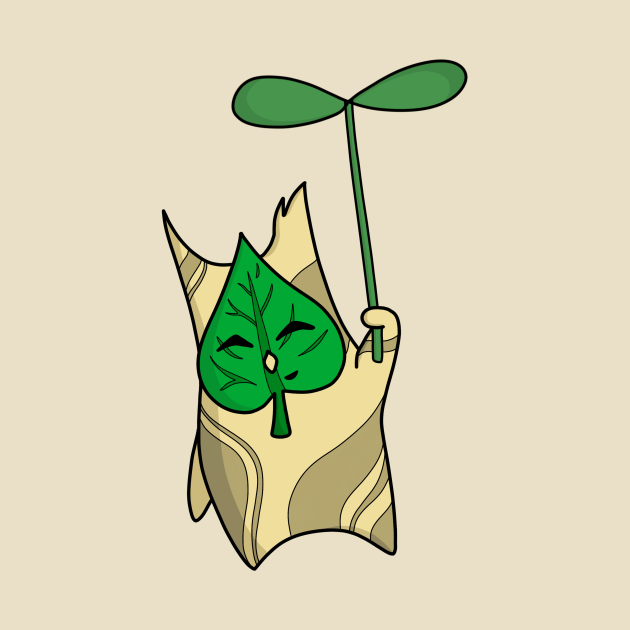i live in alaska and i’ve started doing some very slapdash lazy composting. i bought a wire pet pen off amazon for $35ish that comes in 8 panels, and then i split that into two 4 panel segments, and then i staked & zip tied them behind my shed to form two wire boxes and i’ve been tossing yard & kitchen veg waste in there willy nilly. the advice i got was it’s tough to compost here properly because of the 6 months of winter, so just put everything in a pile and cover the top when the snow comes, and then next year when it thaws, dig it out and use it.
i’m thinking about starting a small indoor worm farm this fall to handle kitchen waste in the winter months, instead of having to shovel a path to the compost bins.
i have a large raised garden bed and i think the lady who had the place before us just put her kitchen waste in the corner of the bed. there’s a lot of happy worms in the soil.
anyone got any tips for composting options in northern latitudes?


Second the bokashi method. As a composter in Minnesota, we stay pretty cold for quite a long time. I swapped to bokashi in my basement and ferment a ton over the winter. Once its finished, I dump it into a large container outside to freeze for the winter, and in the spring either direct bury into my garden beds that like a huge dose of fertilization, or put it into my hot pile to jumpstart for the spring (it heats up a pile sooooo fast).
I personally don’t feed bokashi to my worms because